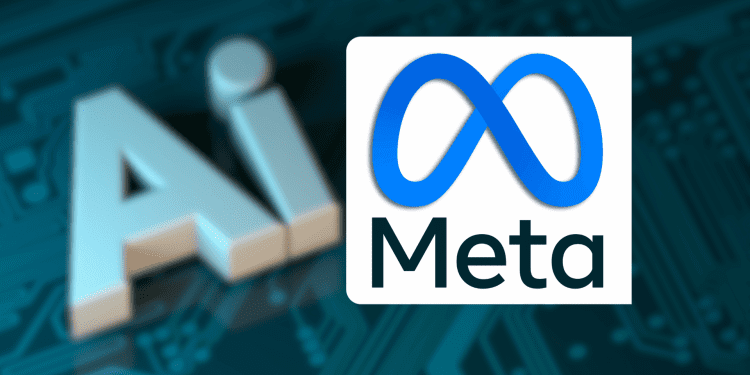- Meta is shifting its metaverse focus from consumers to enterprise use cases, indicating a move from hype to real-world utility.
- The initial metaverse excitement has faded as focus shifts to developing practical tools and platforms, with growing enterprise adoption in sectors like architecture and education.
- Advances in on-device AI will enable more immersive metaverse experiences, while messaging apps are likely to play a key role in bridging physical and virtual worlds.
Meta, formerly known as Facebook, is shifting its metaverse focus from individual consumers to enterprise use cases. This pivot signals a maturation of the metaverse concept from hype to real-world utility.
Metaverse Hype Gives Way to Practical Applications
The initial excitement around the metaverse has faded. Now the focus is on developing useful tools and platforms. Meta cites growing enterprise adoption in industries like architecture and education as evidence that the metaverse is finding practical niches.
On-Device AI Will Enable Immersive Experiences
Advances in on-device AI will allow for more immersive metaverse experiences. For example, Meta’s Ray-Ban smart glasses feature AI capabilities that provide users with contextual information about their surroundings. As AI improves, expect to see it integrated into more metaverse hardware.
Messaging Will Bridge Physical and Virtual Worlds
Messaging apps are likely to play a key role in the metaverse. They will enable seamless communication between virtual and physical spaces. Brands are already using messaging to create more personal connections with customers. These trends will accelerate as the metaverse matures.
The metaverse landscape is rapidly evolving. While the hype has faded, real progress is being made, especially on the enterprise side. Key technologies like AI and messaging will enable more immersive and useful metaverse experiences for both consumers and businesses. The next few years promise to be an exciting time in the development of the metaverse.














